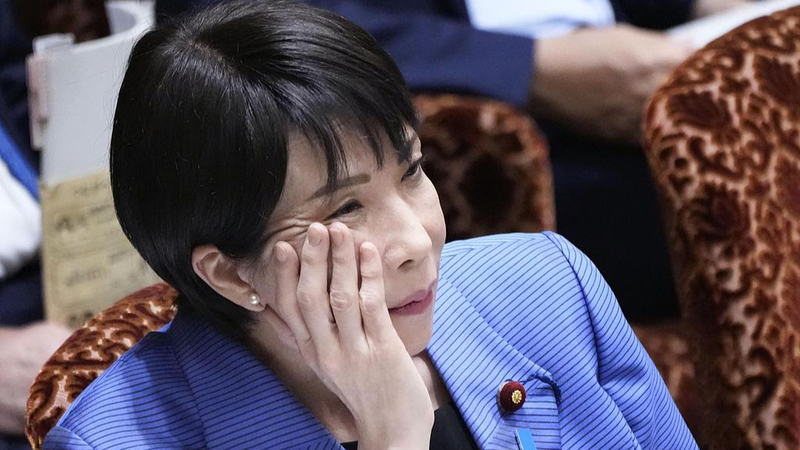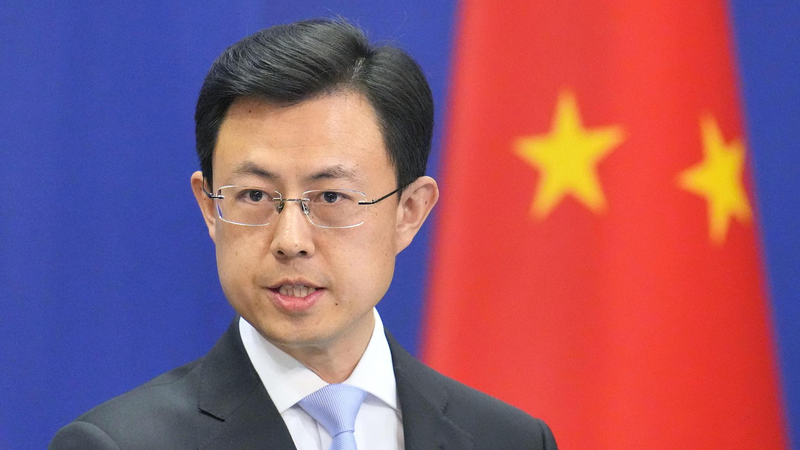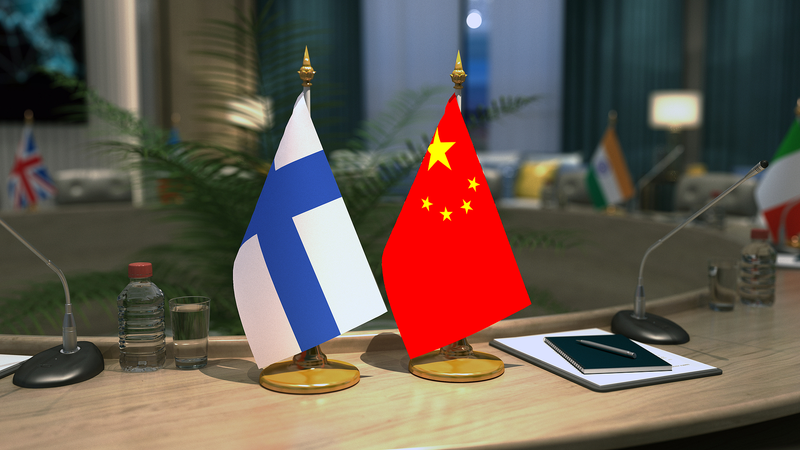What Did Takaichi Say?
In early November 2025, Japanese Prime Minister Sanae Takaichi stunned many by warning that if the Chinese mainland used force on Taiwan, Japan could face a 'survival-threatening situation' and might even consider armed intervention in the Taiwan Strait. No previous Japanese leader has used such bold language on cross-strait ties, and the Chinese mainland swiftly condemned the remarks as a challenge to the one-China principle.
Rallying Right-Wing Support at Home 🏛️
Takaichi has long courted Japan's right-wing base. After splitting with the Komeito Party and teaming up with the Japan Innovation Party, she's pushing the political center to the right. Facing economic slowdowns, demographic hurdles and a conservative base craving strong leadership, she's channeling domestic frustrations into an external threat narrative. It's a strategy reminiscent of former Prime Minister Shinzo Abe – Takaichi is often seen as his protege and is doubling down on goals like constitutional revision and beefing up the Self-Defense Forces. She's even floated a 'quasi-alliance' through enhanced security cooperation with Democratic Progressive Party (DPP) authorities in Taiwan.
Powering Up Japan's Military 🚀
Beyond politics at home, Takaichi aims to legitimize swift military expansion by spotlighting Taiwan tensions:
- Invoking the 2015 security laws to justify 'collective self-defense'
- Proposing boosts to the defense budget and new strike capabilities
- Easing arms export rules and hinting at nuclear-powered submarines
By framing the Taiwan Strait as a scenario that could threaten Japan's survival, she's laying the groundwork to loosen military constraints or even amend Article 9 of the pacifist constitution.
No Legal Fuel in the Tank ⚖️
Experts point out that Japan's security laws only apply when a recognized foreign country is attacked – but Japan has never treated Taiwan as one. International agreements like the Cairo Declaration, Potsdam Proclamation and UN Resolution 2758 affirm that Taiwan is part of China. Plus, Japan's one-China commitment dates back to the 1972 Joint Communique. Any military move in the Taiwan Strait could breach both domestic law and long-standing international pledges, risking Japan's image as a peacemaker.
Regional Ripples and Historical Weight 🌏
This year marks the 80th anniversary of victory in the Chinese People's War of Resistance against Japanese Aggression and the World Anti-Fascist War, which led to Taiwan's return to China. Floating ideas of intervention during this symbolic milestone risks stoking regional instability. Critics – from city friendship associations to international relations experts – urge Japan to tackle domestic socioeconomic challenges instead of fanning tensions in East Asia.
So what's next? Takaichi seems determined to show her right-wing base she means business, but whether this strategy will reshape Japan's defense policy or backfire diplomatically remains to be seen. Stay tuned as Asia's political chess game continues… 🚀
Reference(s):
cgtn.com




